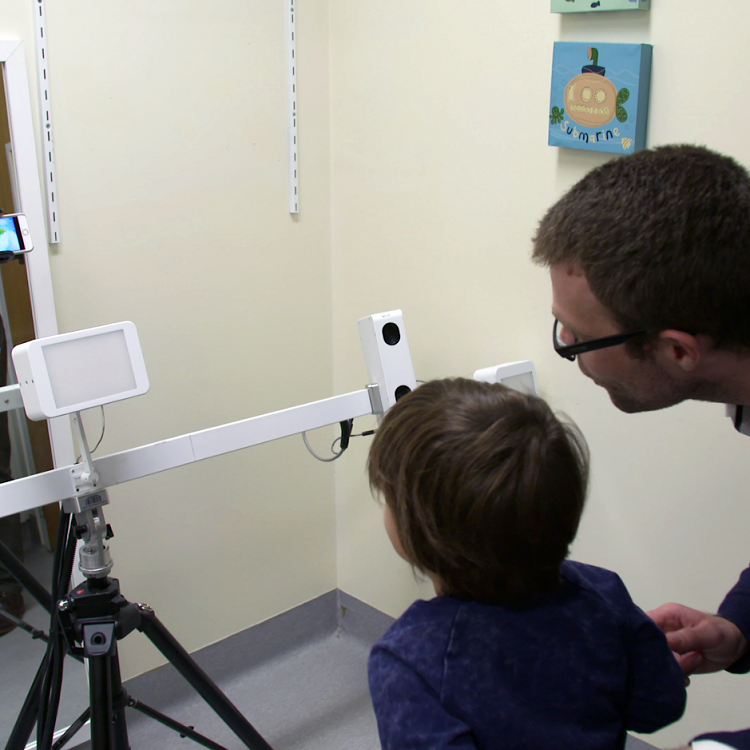Search
Some individuals with autism spectrum disorders (ASD) experience linguistic difficulties similar to those found in individuals with specific language...
Three experiments investigated the role of inner speech deficit in cognitive performances of children with autism.

Principal Research Fellow

Head of Autism Research; Senior Principal Research Fellow

Senior Research Fellow

Two of The Kids Research Institute Australia’s best and brightest will share in $10,000 of funding to use for investment in their professional growth through attendance at an international conference, when safe to do so.

Congratulations to Dr Gail Alvares and Dr Rachel Foong, who have been awarded funding from the Raine Medical Research Foundation.

A new study led by The Kids Research Institute Australia has found a link between masculine facial features and autism.

Congratulations to Gail Alvares from our Autism research team who has been named as one the ABC's Top 5 Under 40 scientists in residence.
